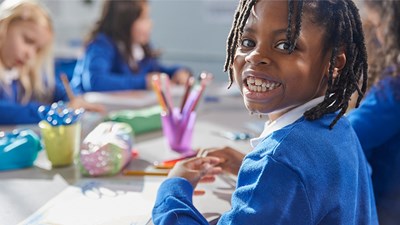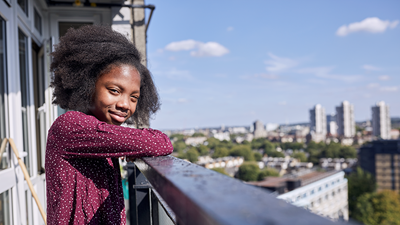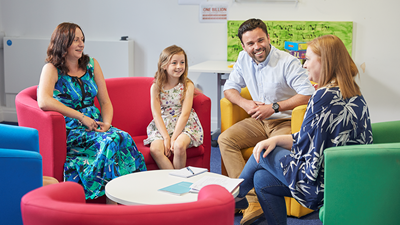Thank you for contacting the corporate partner team
Thanks for taking the time to get in touch. We'll do our best to get back to you with an answer as soon as possible.
Contact the NSPCC Helpline
You can contact the NSPCC Helpline by calling 0808 800 5000, emailing [email protected] or completing our report abuse online form.
Due to an increase in demand across our service, our voice Helpline is currently available 10am–8pm Monday to Friday. You can still email [email protected] or complete our report abuse online form at any time for free. You don’t have to say who you are.
If you think a child is in immediate danger, please call the police on 999 straight away.
18 or under?
Childline offers free, confidential advice and support whatever your worry, whenever you need help.
Thanks for taking the time to get in touch. We'll do our best to get back to you with an answer as soon as possible.




